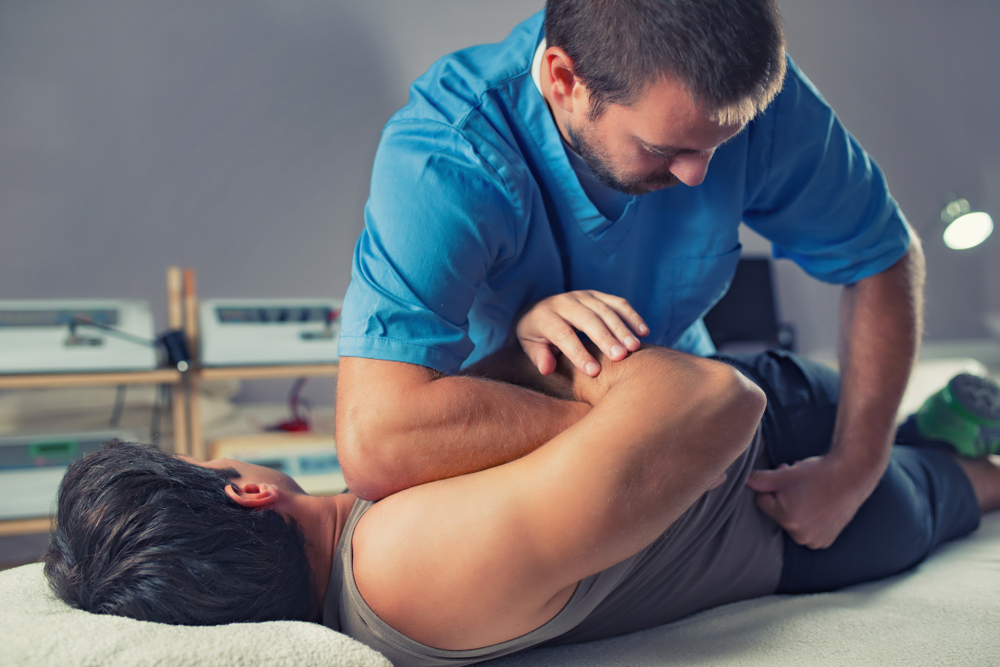
Getting a massage after vigorous exercise is a great way to feel good, but it may not give you the instant body recovery that you need. For this reason, you may want to put a recovery sports massage into consideration. It involves applying massage techniques as soon as possible, following an event to reduce muscle soreness, tension, and recovery time.
A lot of athletes request this kind of massage after a competition because they are thought to reduce pain. They are also believed to help in the recovery of strength and athletic performance, reducing the amount of recovery time required by the athlete. Let’s find out more as we ride.
How a Recovery Sports Massage Help You Physically
Below are some of the recovery sports massages that can help your sporting performance, physically.
● Improve your performance by increasing your muscular flexibility
● Reducing any chance of injury
● Eliminating lactic and carbonic waste products that could cause muscle contraction during exercise or any activity
● Increase vascular flow to tissues
● Decrease fatigue
● Reduce recovery time after an event.
How a Recovery Sports Massage Helps You Psychologically
A lot of people may not be aware, but research has proven that certain massage techniques can cause vasodilation in the skin and muscles by stimulating the sympathetic nervous system receptors. So, recovery massages post-event can promote a sense of relief and relaxation, even if the deep treatment is painful. A massage after a highly intense physical activity can help you reduce mental and physical fatigue.
When is the Right Time To Have a Recovery Massage?
Generally, it is best to get one soon after an event for the effects to ride in quickly. But, how soon you have a massage after activity will also determine how your massage therapist will approach treatment. Depending on the therapist, 30 minutes to 24 hours massages following an exercise may be shorter in duration and may require a softer and more relaxing technique.
In popular opinion, after a deep tissue post-event massage, you may want to book your treatment 24 to 72 hours following the event. This is paramount because muscle tissues can experience a micro-trauma to the contractile proteins, which can result in heightened sensitivity and tenderness. In other words, these recovery sports massage sessions may take a longer time than normal.
Conclusion
The massage therapist you hire determines the kind of service you receive, which tells you that you need to find the best. You need to have the best treatment after an event to enable you to prepare better for upcoming ones. Your decision makes the difference
